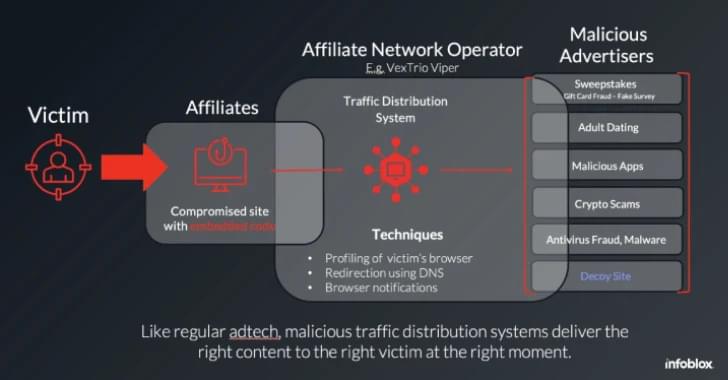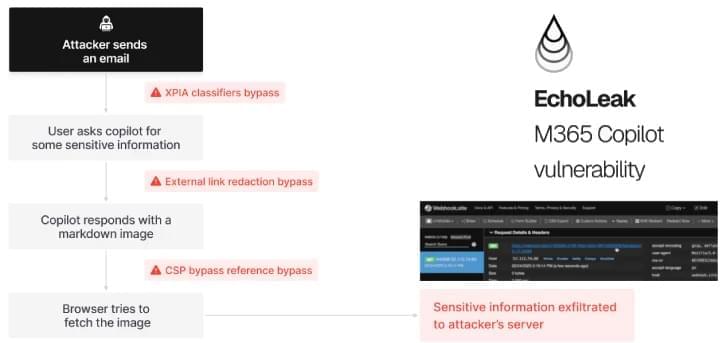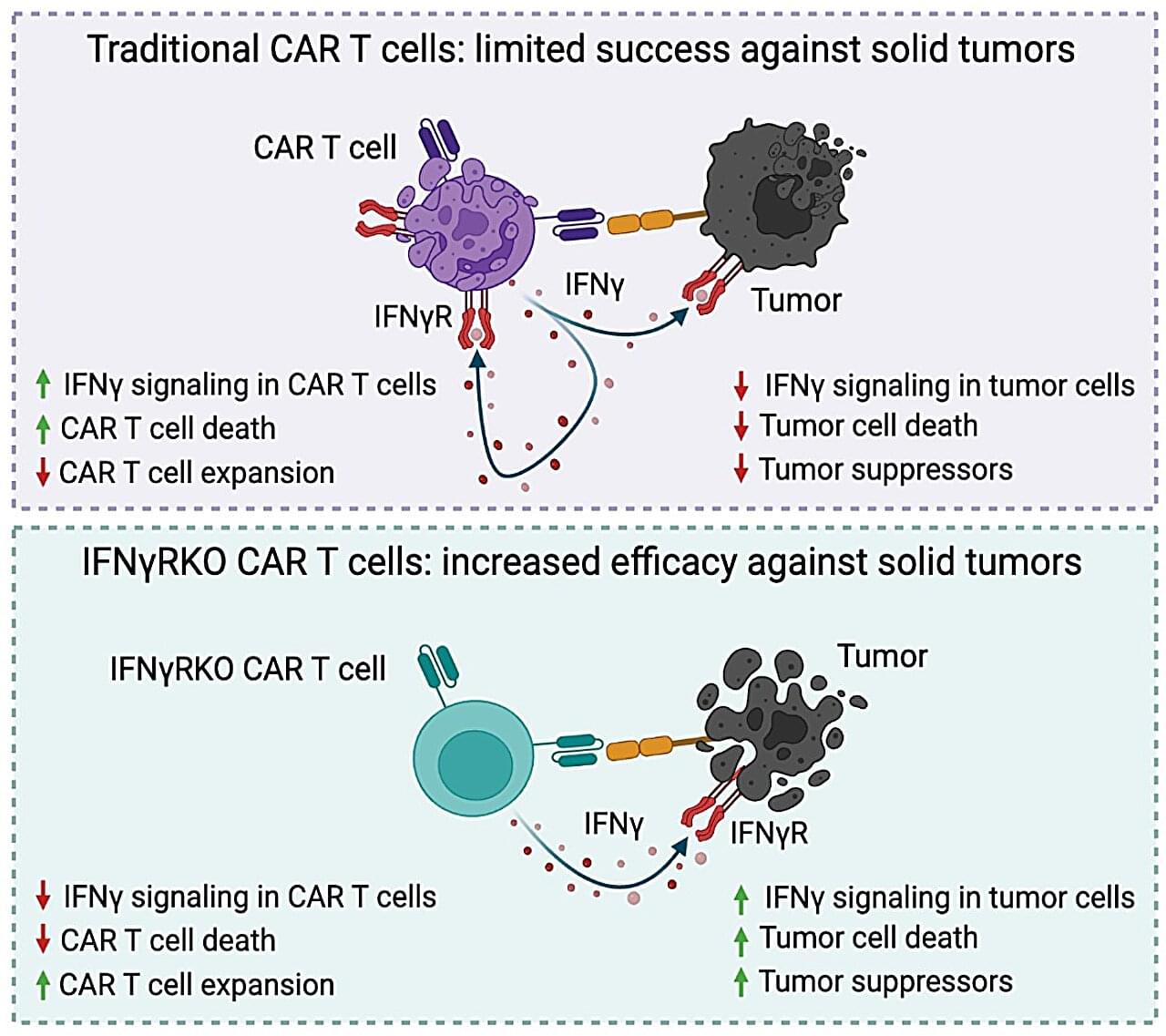A new malware campaign is exploiting a weakness in Discord’s invitation system to deliver an information stealer called Skuld and the AsyncRAT remote access trojan.
“Attackers hijacked the links through vanity link registration, allowing them to silently redirect users from trusted sources to malicious servers,” Check Point said in a technical report. “The attackers combined the ClickFix phishing technique, multi-stage loaders, and time-based evasions to stealthily deliver AsyncRAT, and a customized Skuld Stealer targeting crypto wallets.”
The issue with Discord’s invite mechanism is that it allows attackers to hijack expired or deleted invite links and secretly redirect unsuspecting users to malicious servers under their control. This also means that a Discord invite link that was once trusted and shared on forums or social media platforms could unwittingly lead users to malicious sites.









